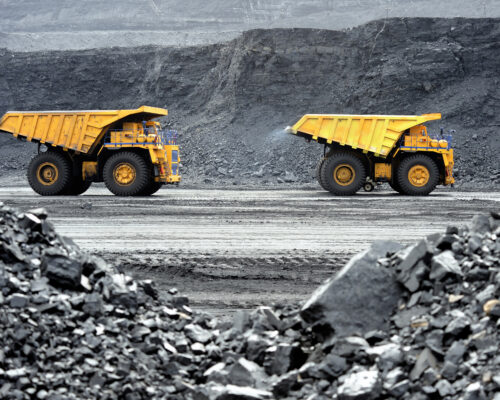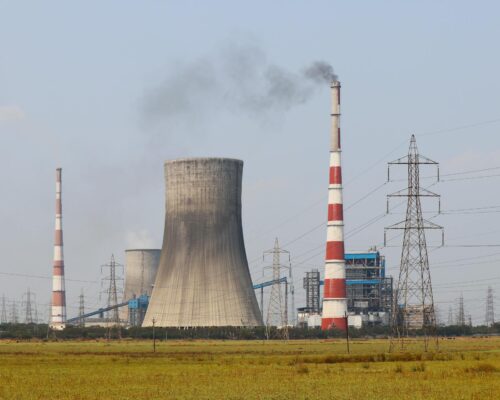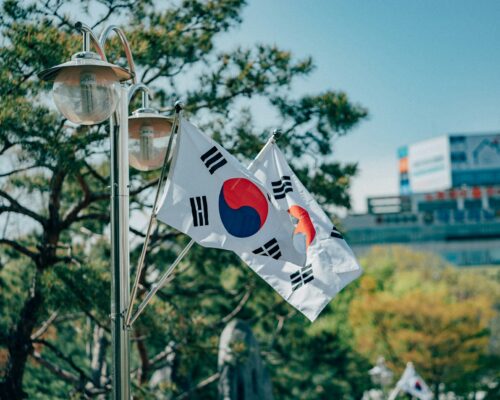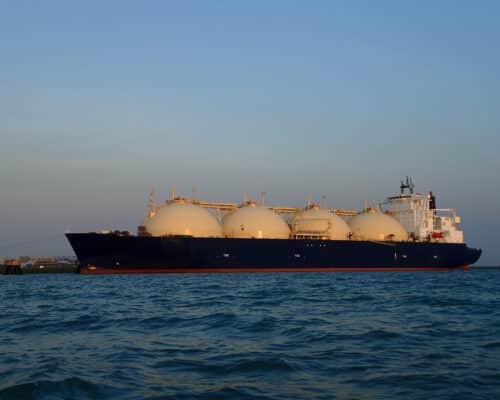Articles
Would Pakistan’s Long-term Power Purchase Agreements Become Roadblocks to its Solar Energy Revolution?
The new Fast Track Solar Initiative aims to substitute solar PV for expensive fossil fuel power generation. Like many countries in Asia, which have been priced out of liquefied natural gas (LNG) markets after Europe’s ‘buy-at-any cost strategy’ to avoid reliance on Russian gas, Pakistan too has been on the lookout for alternatives that offer economically priced and reliable energy supply.
Facebook’s Renewable Energy Progress: Is It Enough?
Facebook reached 100% renewable energy and net-zero for operational emissions in 2020 – goals that were set in 2018. These are good stepping stones, but they make a small impact based on the scale of the business. Scope 3 emissions are still high and will be Facebook's new carbon-neutral target in the coming decade.
Ammonia: Fuel of the Future?
Ammonia acts as an energy carrier similar to hydrogen. However, ammonia has several traits that make it more promising than hydrogen for the global energy transition. Regardless, green ammonia production costs remain prohibitively expensive for widespread adoption.
Google Turns Sustainability Initiatives Into Reality
Google is known for being at the forefront of sustainability. Its initiatives are far reaching, ambitious and transparent. This goes beyond internal targets, like being carbon-neutral by 2030, but extends to how it influences the world and helps consumers make informed, sustainable choices. Its programs make it a sustainability leader in the technology industry.
What Will It Take For Japan To Achieve Carbon Neutrality by 2050?
Japan prepares to host this year’s G7 meeting in light of public criticism for its lack of decarbonisation progress and a continued obsession with fossil fuels. However, the country is now uniquely positioned to prove its critics wrong. Doing so will unleash various positives, both for Japan and the region.
The Pros and Cons of Ethanol: Does It Have A Place In The Future?
Ethanol is a renewable alternative to gasoline and diesel. However, its production and use have significant negative impacts on the environment that will become more pronounced as climate impacts increase. Understanding these pros and cons is crucial to effectively growing and using the biofuel as part of the energy transition.
What Are Carbon Offsets and Do They Work?
They’ve been around for almost 25 years and they’re still highly controversial, but what are carbon offsets? Could they really be a dangerous distraction from the real solutions to climate change?
Samsung’s Journey To Carbon Neutral: How Does It Stack Up?
Samsung aims to be carbon-neutral by 2050, and its public-facing messaging shows progress towards this goal. However, the company's net-zero target takes place 10 to 20 years later than Apple, Google and Amazon. This, among other concerns, raises the question: Is Samsung doing enough for sustainability?

Companies’ Climate Pledges: A New Report Unveils the Reality
While no company is perfect, there are clear leaders that others should strive to follow. In the end, decarbonisation should be a common goal that can only succeed through collective efforts. And there is no sector better positioned to lead the global efforts in addressing climate change than the tech industry.
Renewable Energy May Provide South Asia Relief From Energy Price Shocks
Imported fossil-fuel-dependent South Asian economies, India, Bangladesh and Pakistan, have not been able to escape the perils of volatile and elevated prices of oil, gas and coal in the international energy market. However, renewable energy promises to ensure affordable energy and shield the foreign currency reserves of South Asian countries.
Go Clean ICBC: Fossil Fuels Continue to Dominate the Investments of Chinese Banks
China and its state and privately owned banks' continued support for coal projects are the main lifeline for the dirtiest fuel. However, with global decarbonisation efforts underway, supporting projects like these can also bear massive financial and reputational risks.
Bangladesh Grapples With Adani Over One-sided Power Deal
Bangladesh finds itself in an expensive coal-fired power plant deal with Adani. Not only is the deal not in the best interests of Bangladesh, it needs to be replaced by cleaner and cheaper renewables development.
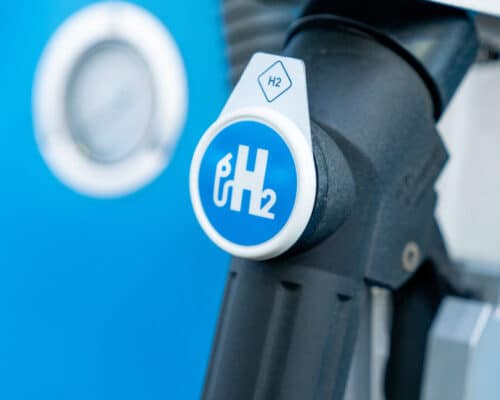
The Pros and Cons of Hydrogen Energy
Hydrogen energy has many pros. It can be made sustainably with few emissions. However, it has several significant cons, like high production costs and a lack of infrastructure. If the world can provide more financial and political support for the technology, it will play a major role in the global energy transition.
Most Popular
Most Popular
Categories
-
9
-
34
-
126
-
4
-
17
-
45
-
52
-
11
-
10
-
15
-
24
-
6
-
6
-
268
-
198
-
17
-
24
-
1
-
1
-
23
-
38
-
43
-
87
-
18
-
85
-
41
-
17
-
10
-
42
-
46
-
86
-
287
-
21
-
44
-
36
-
10
-
41
-
36
